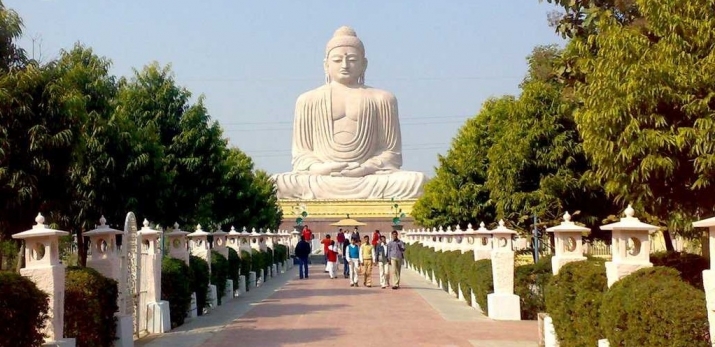Do not believe in what you have
heard;
do not believe in the traditions
because they had been handed down for generations,
do not believe in anything
because it is rumoured and spoken by many;
do not believe merely because a
written statement of some old sage is produced;
do not believe in conjectures;
do not believe in that as truth to
which you have become attached by habits
do not believed merely the
authority of your teachers and elders.
After observation and analysis, when
it agrees with reason and is conductive to the good and gain of one and all,
then accept it and live up to it.
Pray do not, therefore, believe
me when I come to the philosophical issues until and unless you are convinced
of what I say, either as a sequel to proper reasoning or by means of a
practical approach.
To abstain from evil;
To do good;
To purify the mind
These are teachings of all the
Buddhas.
It sounds simple but is so
difficult to practice. One cannot be a
true Buddhist unless he puts he doctrine of Buddha into practice.
Buddha said:
Ye to whom the truths I have
perceived have been made known by me, make them surely your own; practice them,
meditate upon them, spread them abroad; in order that the pure religion may last
long and be perpetuated for the good and the gain and the weal of men.
[ Buddhism is not religion. It is a system of philosophy coordinated with code of morality, physical and mental. The in view is the extinction of suffering and death.]


